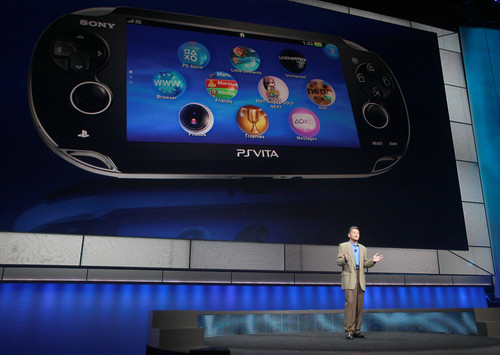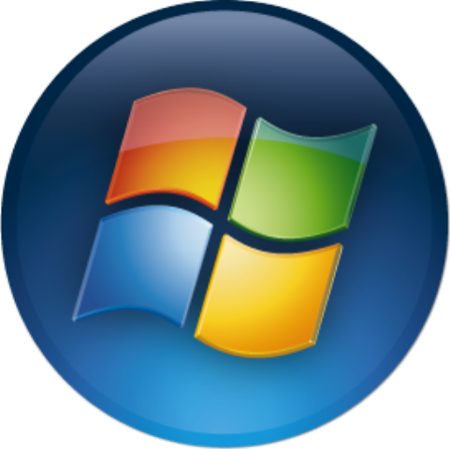People these days talk a lot about how the next console generation will be the last console generation. They are wrong. The era of the XBox, PS2, and Gamecube was the last console generation. What we have now are not consoles. They are entire home entertainment systems contained in a small chassis. Other than the ability to receive phone calls, your smartphone and your entertainment chassis are pretty much the same thing. Everyone wonders when the next "console" generation will come out, and many were disappointed about the lack of announcements at this year's E3. Well, I hate to tell you, but it won't be for a while. Why? Contracts.
Let me break it down for you. Sony and Microsoft have contracts with many different companies to deliver media on their systems for a price. XBox alone has Netflix, ESPN, Hulu Plus, Amazon Video, DVR capabilities for Verizon and Comcast, and contracts with dozens of different production companies to stream and sell movies and music via their Zune service. With a new console, they would have to double up these contracts to get the same services on next generation hardware. Furthermore, the price of these contracts would go up. A more expensive console means the service providers would want a bigger piece of the pie. The apps for delivering all this content would have to be rewritten to be compatible with next generation hardware. The cost of a new entertainment chassis would be at least $699, or the price of a cheap computer.
One other bullet Microsoft will have to bite with a Windows 8-powered next gen XBox is that the platform will have to be more open. They can do their best to close it off, eliminating access to the registry, command prompt, control panel, etc. but they won't be able to do anything to stop developers from distributing apps over their own websites, or competing services like Steam. The only way they could would be if it did not have Internet Explorer installed from the start (which it will, what with it coming out on 360 this fall) or blocked installation of programs without some kind of digital approval stamp, much like what Apple is doing for OSX programs now. No matter how closed they try to make it, at its core it will be Windows 8-powered, and someone will find a way to gain access to the full Windows buried deep inside. At that point, there'll be no stopping it from becoming the rumored Steam Box.
So where does this leave Sony? Well, pretty much in the dust, unless they team up with Microsoft to create a Playstation-certified Windows 8 VAIO which, believe it or not, is a definite possibility. Heck, we've heard rumors that the next XBox will have a Blu-Ray drive. Since 360 games will be playable in Windows 8, they'll just all become PC games. That would just leave new, specialty Blu-Ray games to be playable in the system's drive, ones that would only be compatible with this system. Yes, I understand there is a lot of conflict here, mainly between Playstation Network and Xbox Live, but are either of those going to matter when you have Steam games running on your 60" TV? Don't think so.
In the end, the PC is going to be the winner, just as it has been for every console generation. At the beginning of a console generation, everyone thinks the PC is dead. By the end, PC game sales have embarrassed console game sales (cough Diablo 3 cough); they end up with more services, openness, usability, and power; no contract requirements on the end of the manufacturer; and PCs do not become outdated as quickly as consoles (with the exception of laptops built to be weak like netbooks).
Windows has won the console war. Deal with it.
Oh, right, Nintendo. Yeah, um, whatever.





only issue I have with this is that the contracts are probably not written to reflect the actual hardware. If I was negotiating for netflix or hulu, I would want to distribute over "XBox Live", not "the xbox 360." This means that all microsoft has to do is have live on their next xbox, and tie the web-browser into the gold-subscription paywall. Then, to dl steam on your XBox 3, you will already have to be paying for live, which is all msft cares about. That, and the fact that Xbox3 games will be optimized for that exact system, so they will run better than their pc counterparts, will provide all the incentives gamers need to stay console loyal.
ReplyDeleteThat's possible, and I would hope that Microsoft and Sony worded the contracts to state "XBox Live" or "Playstation Network." It would be a shame if new platforms launched without most (or all) of the services already available, as this would deter users from upgrading, which in turn would hurt sales of new games.
ReplyDelete